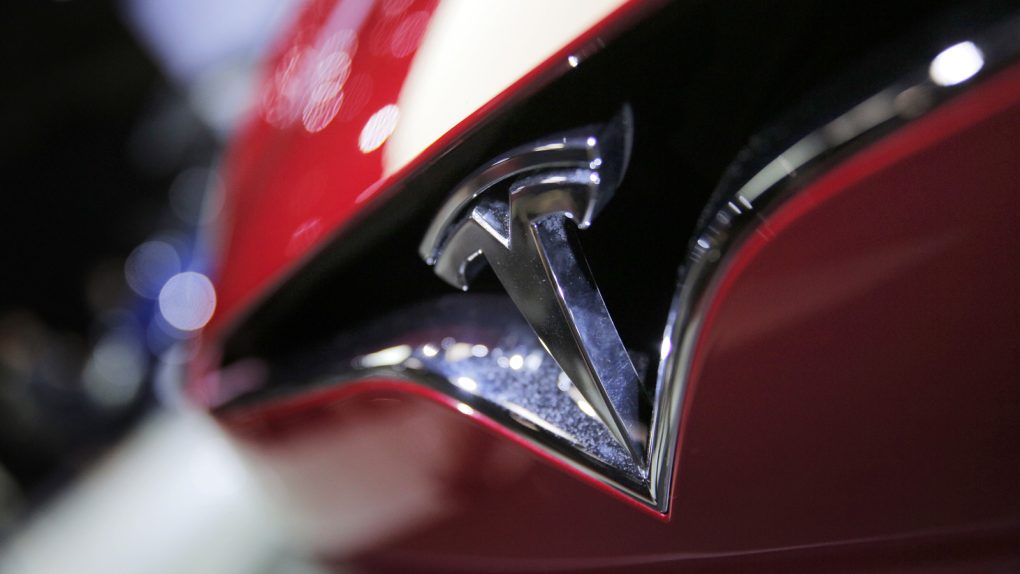Despite all of the progress Tesla has made with respect to ramping up Model 3 production, a new report from CNBC claims that problems with Model 3 battery production are far more severe than the company has publicly said. In turn, Tesla’s goal of manufacturing 5,000 Model 3 units per week by the end of June may ultimately have to be pushed back yet again.
According to the report, mass production on Model 3 battery packs still isn’t anywhere close to being where it needs to be. Consequently, Tesla has had to bring on a large number of Panasonic employees — its partner in the Gigafactory — to try and prevent battery production from falling too far behind.
“But more than a month later,” the report reads, “in mid-December, Tesla was still making its Model 3 batteries partly by hand, according to current engineers and ex-Tesla employees who worked at the Gigafactory in recent months.”
In a statement on the matter, Tesla explained:
Until we reach full production, by definition some elements of the production process will be more manual. This is something Elon and JB discussed extensively on our Q3 earnings call, and it has no impact on the quality or safety of the batteries we’re producing.
Again, Model 3 production seems to be picking up slowly but surely, but it’s impossible to ignore that overall production is far behind the initial benchmarks Tesla executives confidently claimed it would hit. Recall, Tesla initially said that it would be able to manufacture 20,000 Model 3 units per week by the end of 2017. Since then, that threshold has been pushed back twice, with Elon Musk now claiming that Tesla will reach the 20,000/week mark by June of 2018.
Also worrisome are reports that Tesla is experiencing a range of quality control issues with respect to the Model 3.
Many of the company’s quality control workers are relatively inexperienced, make sloppy calculations and don’t know when they’re looking at flaws, according to several current and former employees. They said many quality inspectors were temp-to-hire workers with no automotive experience who Tesla hired via a staffing agency.
All in all, it appears that the “production hell” Elon Musk described a few months ago is still ongoing.
CNBC’s full report on the problems impacting Tesla is well worth a read and can be viewed over here.








